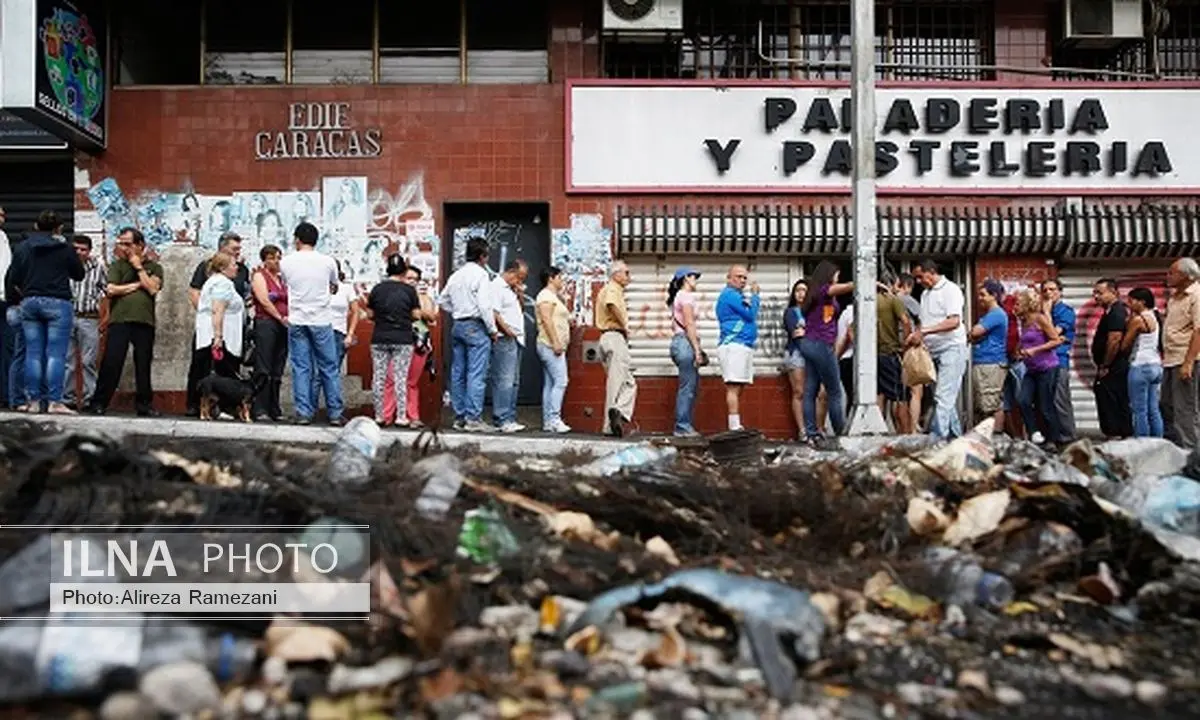US sends senior diplomat to Venezuela as political crisis deepens

A senior US diplomat was scheduled to meet Venezuelan officials on Tuesday to jumpstart talks between the normally hostile governments as the socialist-run nation is torn apart by daily food protests and a campaign to oust the president, Nicolás Maduro; Associated Press reported.
Thomas Shannon, a career diplomat with extensive experience in Latin America, flew to Caracas after weeks of looting and hunger riots in Venezuela. The riots led to hundreds of arrests and several deaths.
A state department spokesman, John Kirby, said Shannon, who is undersecretary of state for political affairs, hoped to get talks going about the social, economic and political challenges facing the oil-rich country.
He was to meet leading opposition figures and was also expected to meet Maduro and other government representatives.
The Organization of American States is due to meet later this week in Washington to debate the mounting crisis and consider sanctioning Maduro for allegedly stamping out political dissent, violating regional commitments to democracy.
Maduro used the diplomatic mission as a cudgel to batter his critics. In televised statements, he returned to one of his favorite topics: what he describes as the childish stubbornness of the country’s political opposition.
“I think it is very good that we are taking these steps with the US,” he said. “I only wish the Venezuelan opposition would engage in serious, transparent dialogue in the same way.”
The opposition held talks with Maduro two years ago after bloody anti-government protests swept the nation, but they eventually dissolved without bearing fruit.
Today government opponents are taking a different tack, organizing around a recall referendum they hope will lead to Maduro being removed from office this year and one of their own potentially replacing him.
The week-long verification drive began on Monday and is the first in a series of steps in the byzantine recall process. People in the lines said they were glad to wait and saw the recall as the best way to remedy the shortages and triple-digit inflation that has forced many to skip meals.
Food protests continued to pop up in the capital on Tuesday. A small group of residents stopped traffic near a Caracas slum, and in a wealthy neighborhood people hung banners saying “We are hungry”.
Shannon, a former ambassador to Brazil, will step into the quagmire with an uncertain outcome. Visits he made to Caracas last year yielded no tangible results, setting low expectations that this trip could result in a breakthrough on releasing political prisoners and calls for the referendum to move forward.
The US and Venezuela have not exchanged ambassadors since 2010, and even when announcing Shannon’s visit last week at a summit in the Dominican Republic, the secretary of state, John Kerry, and his Venezuelan counterpart could barely hide the animosity that has long characterized relations.
But as Venezuela unravels, US officials are increasingly concerned about the risk of further bloodshed and a humanitarian crisis that could spill across its borders and undermine president Barack Obama’s legacy in a region where he made history by reopening relations with Cuba.
Members of the opposition say the recall drive and food riots have caused the government to tighten control over critics. Human rights groups say intolerance for dissent has led to dozens of people being jailed.
At the weekend, officials arrested two opposition activists who had been traveling outside Caracas to participate in the validation process. On Tuesday, Human Rights Watch denounced the arrests and called on authorities to produce a legal rationale for holding the men or release them immediately.
END
